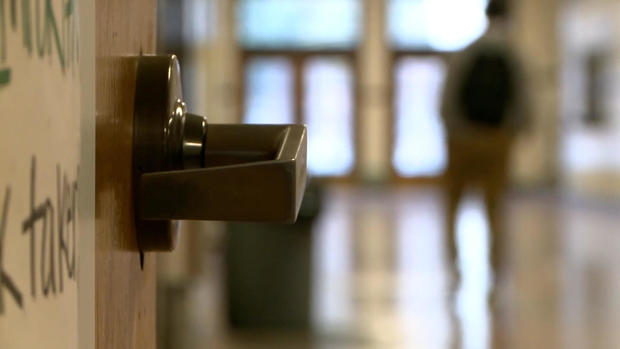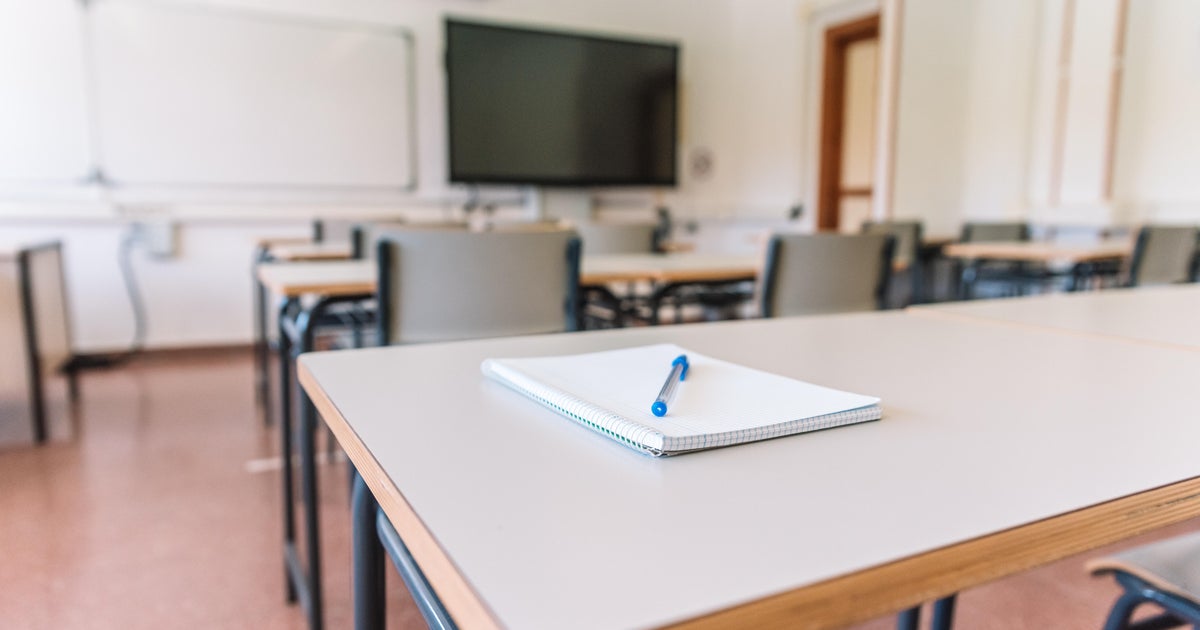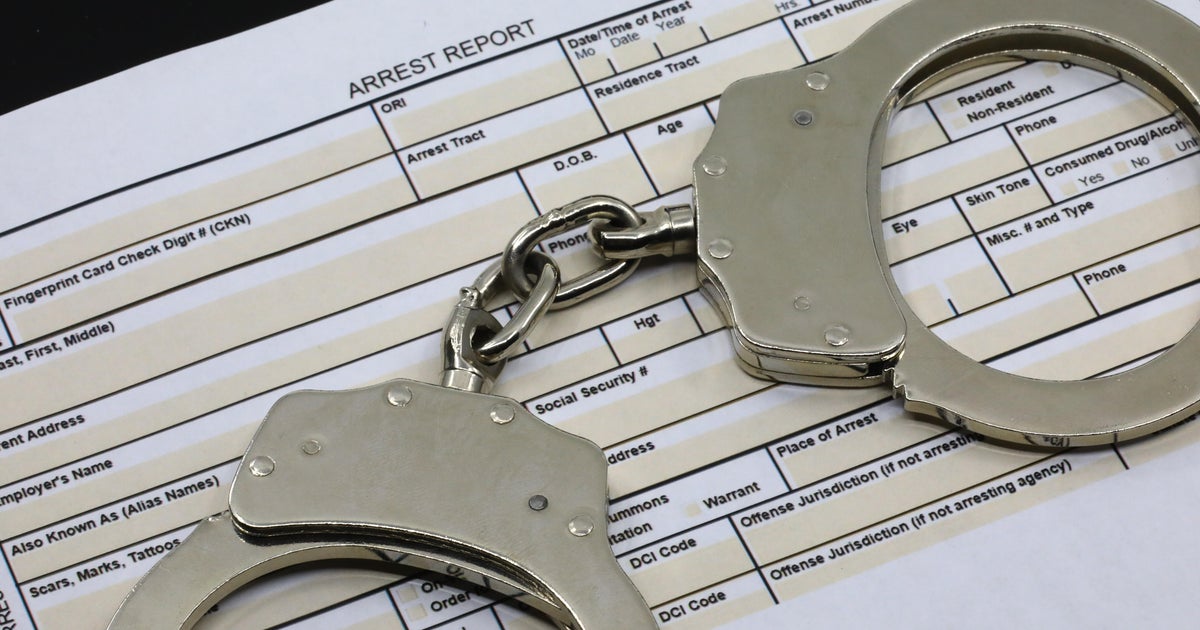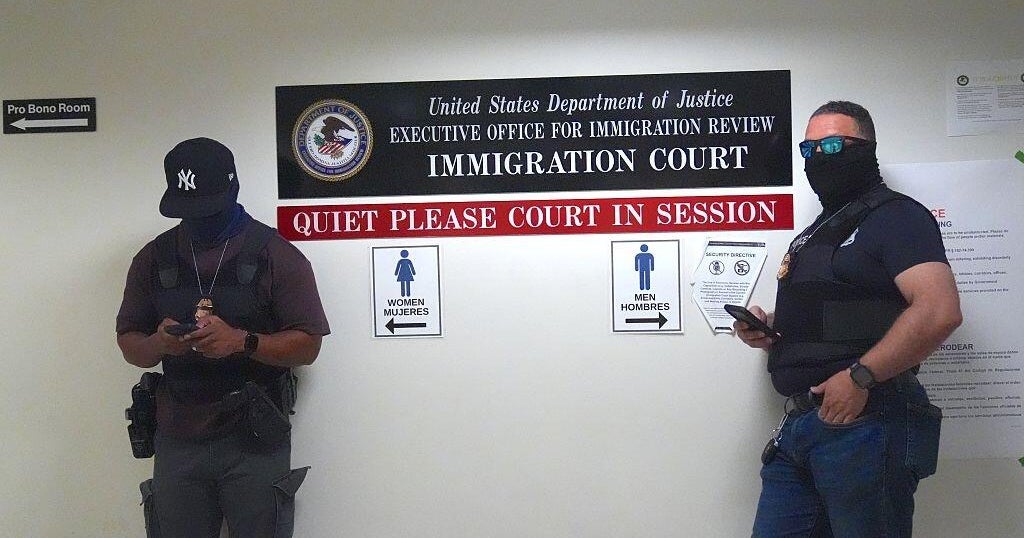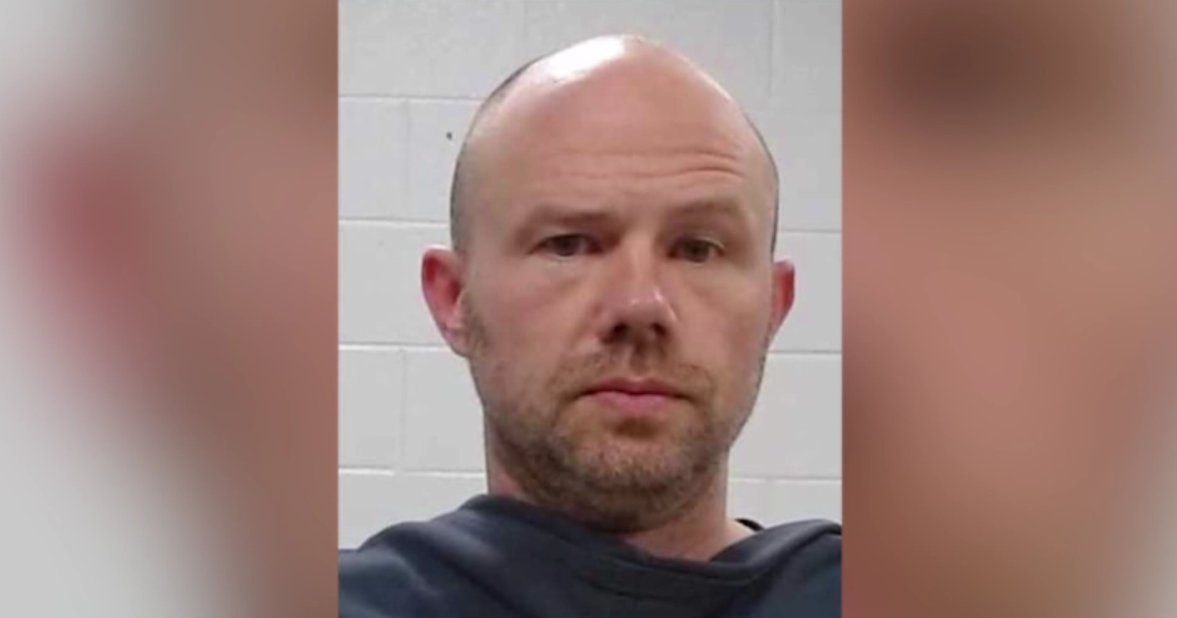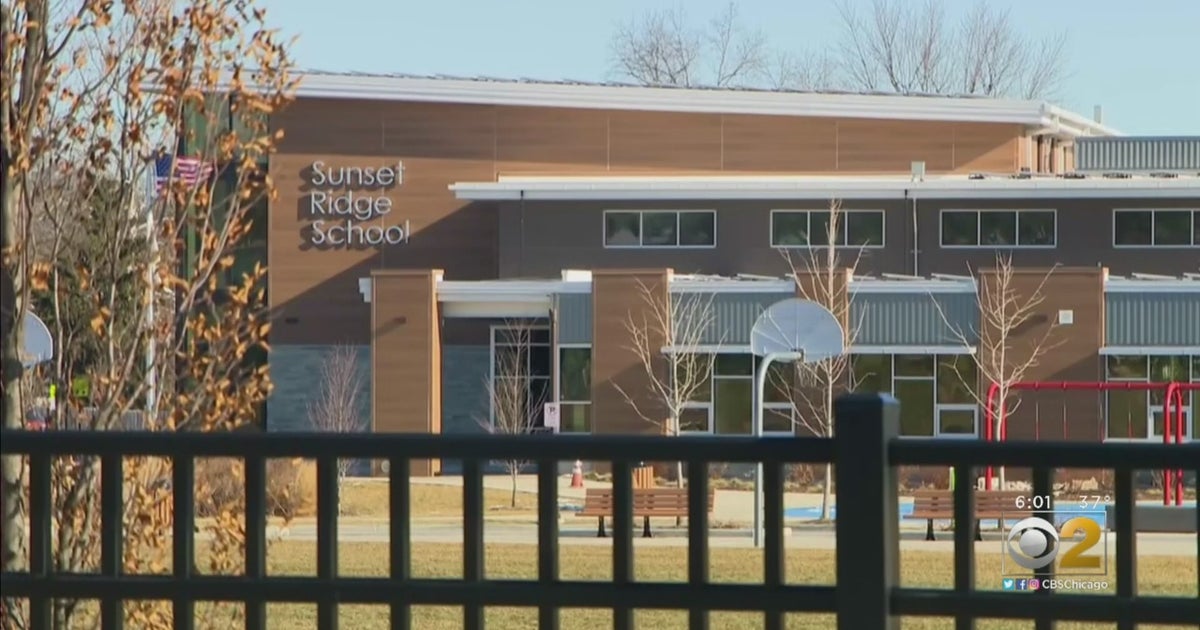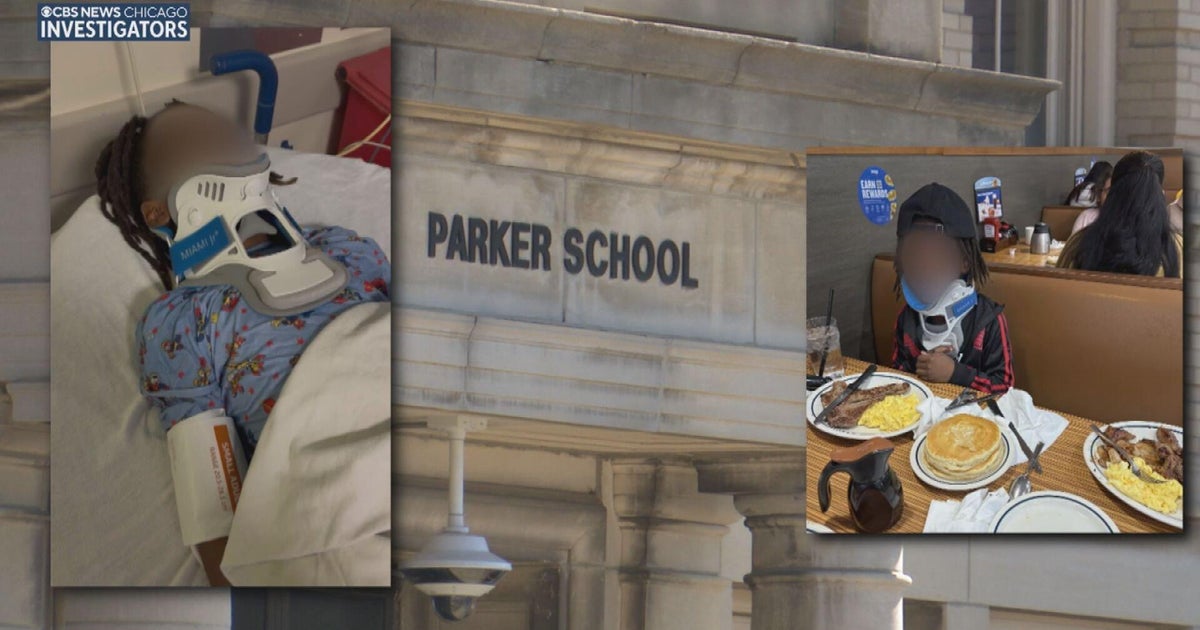Examining elementary school arrests in Southeast Michigan schools
SOUTHFIELD (CBS DETROIT) - In recent weeks, we've reported on several instances of police arresting students. Many of them are related to school threats. But CBS Detroit wanted to know how prevalent the issue is by examining federal data for the region.
In Michigan, there isn't a minimum age when a child can get arrested and prosecuted.
Children as young as five can find themselves in front of a judge.
"Most behavior that would sit in the category of a juvenile offense doesn't require adjudication," Shaun Cooper, Ph.D. Chief of Clinical and Program Services at Assured Family Services in Detroit said.
CBS News analyzed U.S. Department of Education data from 2017 – the most recent year available.
Hundreds of young children are arrested yearly in elementary and middle schools across the country.
During that same time, administrators called the cops on kids 1,100 times.
"Once a child gets involved in the system, it's a very sticky affair," Cooper said.
At Assured Family Services, their mission is to keep children in school by providing them with behavioral health support that they need to make law enforcement intervention unnecessary because although cuffing a child takes seconds, the repercussions can be everlasting.
"The idea that I'm bad, that the things that I do are bad, potentially becomes internalized, you know, by that child and becomes part of their self-identity," Cooper said.
CBS Detroit found that in Metro Detroit, it's at middle schools where children are likely to have an encounter with police.
There were 35 law enforcement referrals in 2017 at Lincoln Middle School in Warren, the highest amount in our analysis.
Through a Freedom of Information request, CBS Detroit learned why ranging from a probation violation to pot possession and even more serious offenses.
In March 2017, a student brought a large steak knife to show off. The prosecutor's office charged them with possessing a weapon.
A few months later, a staff member pressed charges when a student grabbed her hips.
In both cases, the suspects were boys of color. The CBS data analysis reveals that black students are five times more likely to be arrested in school than their white classmates.
"They're setting up policies and procedures, you know to connect the school-to-prison pipeline, and one of the ways is to start beating down the psyche and beating down the self-worth and identity in schools," Sonya Mathies-Dinizulu, Ph.D., associate professor at the Department of Psychiatry & Behavioral Neuroscience at the University of Chicago said.
Sociology and Criminal Justice Professor Aaron Kupchick at the University of Delaware does research on school policing and punishment.
"There are some studies that police officers in schools can prevent some crime and misbehavior, but there are far greater numbers of studies finding the opposite, that they either have no impact or, in some cases, can increase crime," Kupchick said.
He adds the way some school resource officers (SROs) view the school environment plays a factor in the risk of students facing arrest.
"The SROs who work with more low-income and students of color who work in those jurisdictions. They define the threat as the students themselves. Whereas the SROS who work in wealthier whiter school areas define the threat as something external that can happen to these children
In another part of our area, Dundee Middle School recorded four arrests in 2017.
One of them was of a student taking an inappropriate picture of another classmate, according to a police report.
In 2020, a ProPublica report found that the juvenile justice system in Michigan lacks 'statewide coordination or authority.
Insofar as the state can't even say how many children are in custody at any given time or what crimes they committed.
At Brenda Scott Academy in Detroit, they recorded a single arrest and made two referrals to law enforcement in 2017.
"If a child is in danger to him or herself or themselves, or to another person, then we want to restrain a child and help them calm down. And once that happens, that kid should be out of the restraints," Mathies-Dinizulu said.
CBS News' analysis also shows that students with disabilities are four times more likely to be arrested than those without a disability.
"Sometimes they can be functioning lower in terms of intellectual, cognitive capacities, meaning the way they think about the world and how they engage in their world," Mathies-Dinizulu said.
Right now, the Sheriff's office in Douglas County, Colorado, is fighting a lawsuit for allegedly violating the Americans with Disabilities Act by arresting an 11-year-old boy with autism after he allegedly poked a classmate with a pencil resulting in a minor cut.
The department declined to comment on the incident to CBS Detroit, citing pending litigation.
"This is not that police officers are bad or should never interact with children. But just seeing police officers as the solution to our concerns about our children's safety is misplaced," Kupchick said.
In July, the Michigan Task Force on Juvenile Justice Reform approved recommendations that include expanding diversion opportunities for youth who are not a public safety risk, creating a statewide juvenile public defense system, and adopting data-driven tools to guide diversion, court, and detention decisions.
They're steps experts say are heading in the right direction.
"That we really try to provide the resources and opportunities for the longer term to, you know, to have the better the best outcomes for the harm that's been caused to these children, no fault of their own," Mathies-Dinizulu said.
